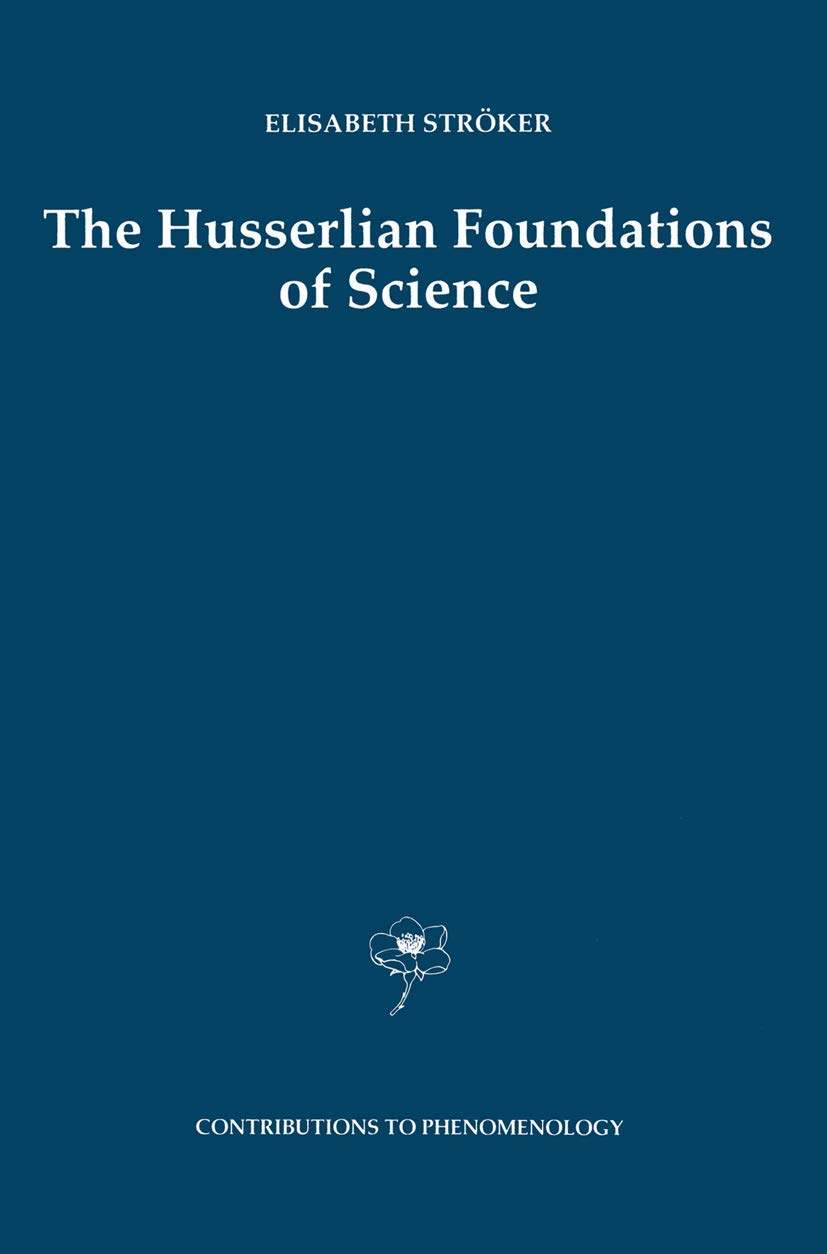The Husserlian Foundations of Science: 30 (Contributions to Phenomenology)
The Husserlian Foundations of Science: 30 (Contributions to Phenomenology) is backordered and will ship as soon as it is back in stock.
Couldn't load pickup availability
Genuine Products Guarantee
Genuine Products Guarantee
We guarantee 100% genuine products, and if proven otherwise, we will compensate you with 10 times the product's cost.
Delivery and Shipping
Delivery and Shipping
Products are generally ready for dispatch within 1 day and typically reach you in 3 to 5 days.
Book Details
-
Author: Elisabeth Ströker
-
Brand: Springer
-
Edition: 2nd rev. and enlarged ed. 1997
-
Binding: Hardcover
-
Number of Pages: 306
-
Release Date: 30-09-1997
-
ISBN: 9780792347439
-
Dimensions: 9.2 x 6.0 x 0.9 inches
-
Languages: English
About the Book
This insightful work begins by introducing Husserl's concept of phenomenology as a foundational theory of science. The collection of essays explores the profound features of the phenomenological method as it evolved in Husserl's philosophical journey—from a purely descriptive approach to transcendental and ultimately constitutive phenomenology. The goal of these explorations is to access the very foundation of knowledge in general, and scientific knowledge specifically.
The book delves into Husserl's contributions to the foundation of natural science, examining the intricate relationship between phenomenology and both psychology and history. These thought-provoking essays provide a fresh perspective on how phenomenology can offer valuable insights for a variety of disciplines.
This revised and expanded second edition builds on the original 1987 release, edited by Lee Hardy. It includes two additional essays that further explore Husserl's vision. The first examines his ongoing commitment to phenomenology as a rigorous science and his ambitions for phenomenology to serve as "First Philosophy." The second essay addresses Husserl's concerns about the crisis of Western culture, offering a timely discussion of how his phenomenology remains relevant for contemporary philosophy of science.
Through this collection, Ströker offers readers a comprehensive understanding of phenomenology, emphasizing its significance in modern philosophical and scientific discourse. This book is essential for students, scholars, and anyone with a deep interest in phenomenology and the foundations of knowledge.





